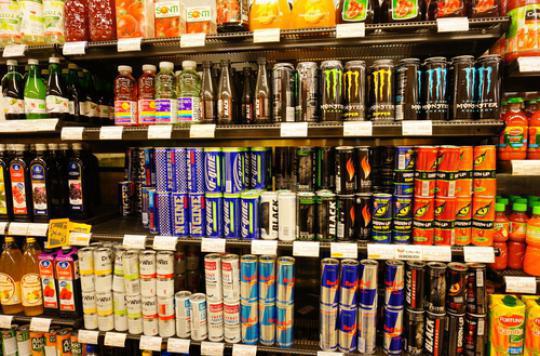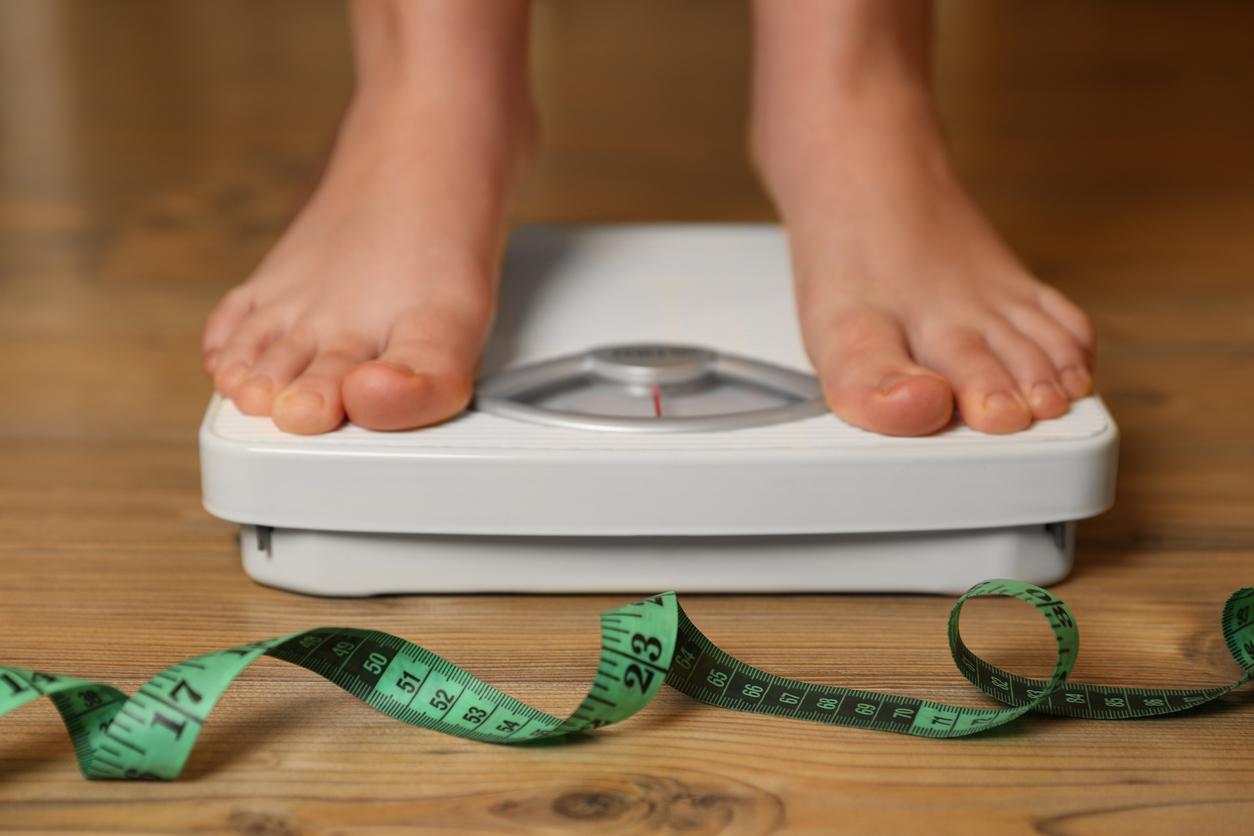To curb the consumption of energy drinks among young people, the European Parliament wants to ban health claims on cans.

Prevention efforts on sodas are starting to pay off: sales of sugary drinks are generally declining around the world. However, one sector continues to progress conspicuously: energy drinks. To curb this expansion, the European Parliament on Thursday adopted a resolution to ban the communication of manufacturers of caffeinated drinks about possible positive effects on health.
In particular, it is the statements concerning help with vigilance and concentration that are targeted. In addition to alcoholic evenings, these sodas are used by adolescents and young adults to “hold” during exam revisions for example.
“Statistics show us that many young people, and even children, consume a lot of energy drinks,” said Danish MEP Christel Schaldemose, who tabled the resolution.
27 sugar cubes
The consequences of early or excessive consumption are not negligible: sleep or heart rhythm disturbances, headaches or behavioral problems… The risks associated with the stimulants contained in these drinks are not the only ones. They add to the increased risk of obesity and diabetes.
“It’s not just caffeine,” continued the MEP. Energy drinks are also high in sugar. And we believe that these types of drinks should not be able to display any health claims ”.
A can of these drinks can indeed contain up to the equivalent of 27 lumps of sugar, almost four times more than in a cola!
Protect children
To go further in the restrictions, MEPs also asked member states to put in place rules on the marketing of products rich in caffeine, in order to protect children.
“68% of adolescents regularly consume this type of drink, and 18% of children,” recalls Marc Tarabella, Belgian socialist deputy. So, this is worrying! I say that as well for the concentration of sugar as for the stimulants that are in it. And I think the behavioral effects can be serious. We must avoid these false allegations, which are at the limit fraudulent. “
.

















